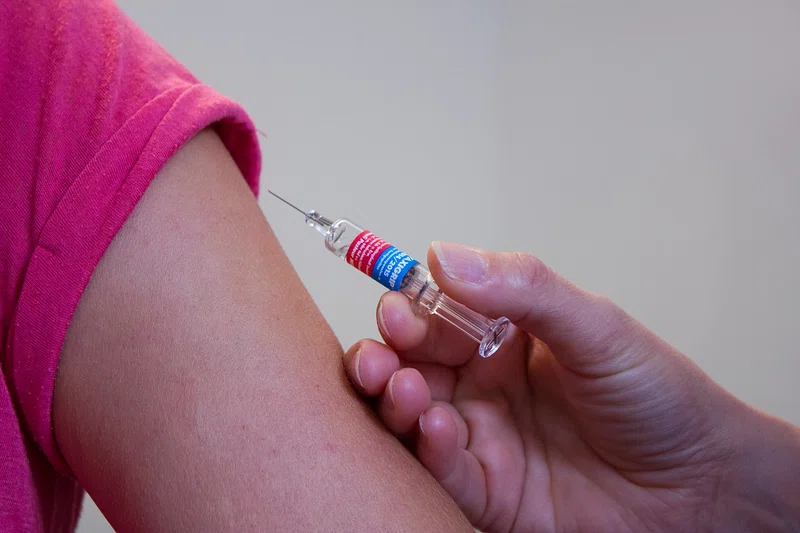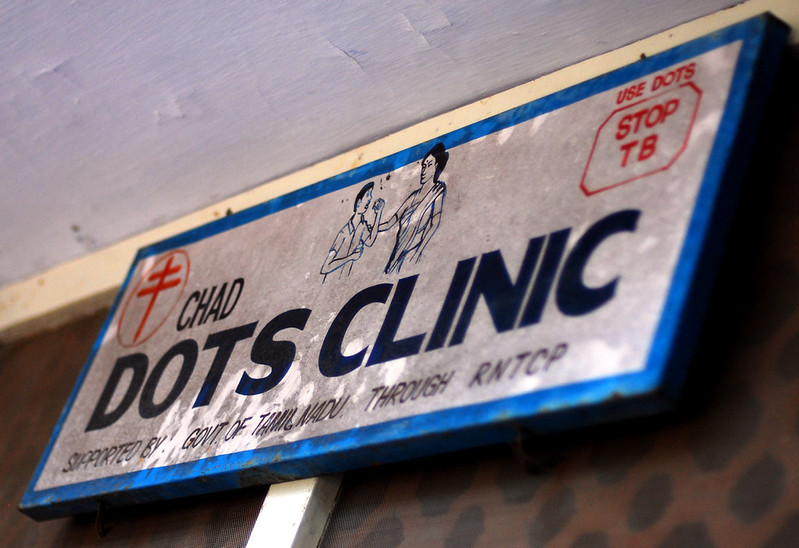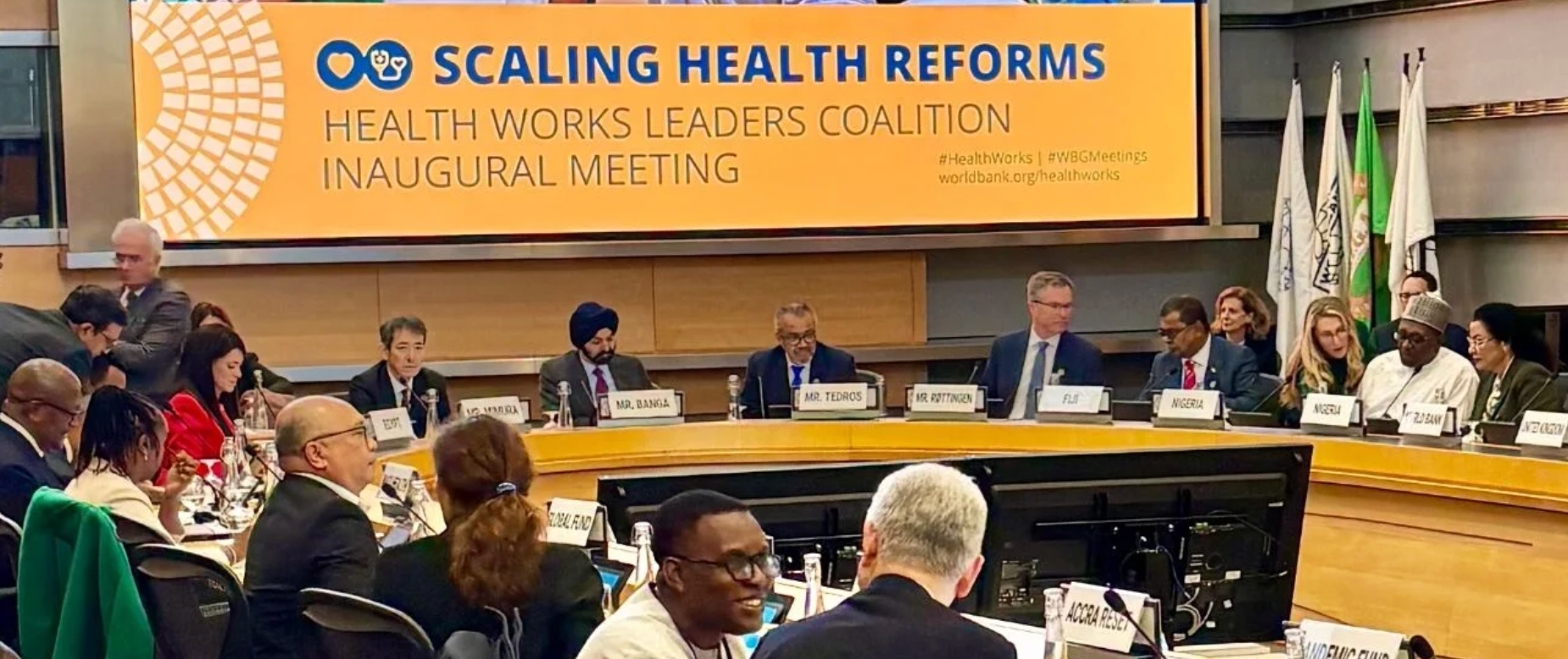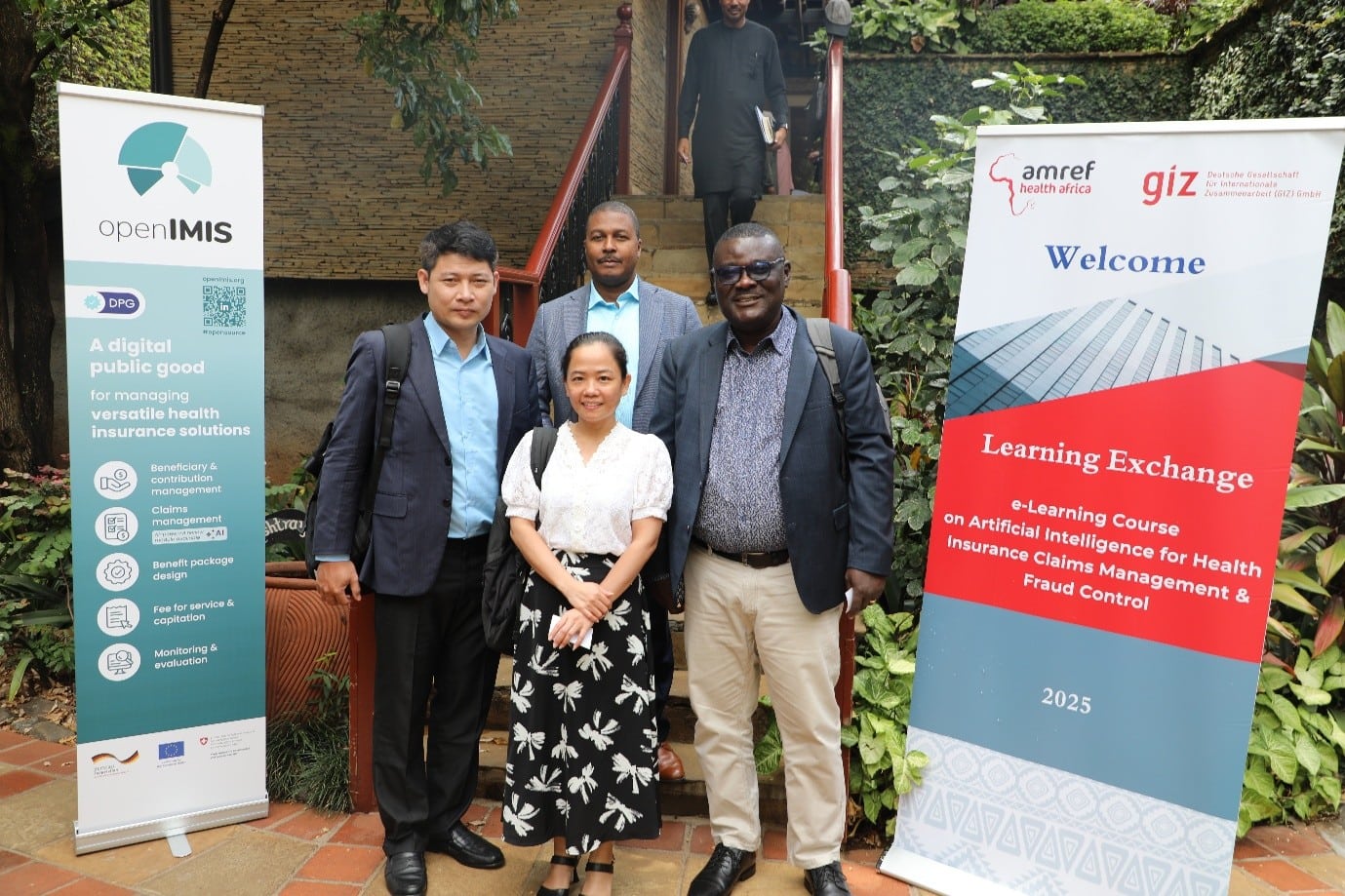Tedros Adhanom Ghebreyesus and Pakishe Aaron Motsoaledi urge G20 nations to ensure equitable, affordable access to new TB vaccines, marking a key step toward ending the epidemic by 2030. At the G20 Health Ministers’ meeting in Limpopo, South Africa, on November 6,...






